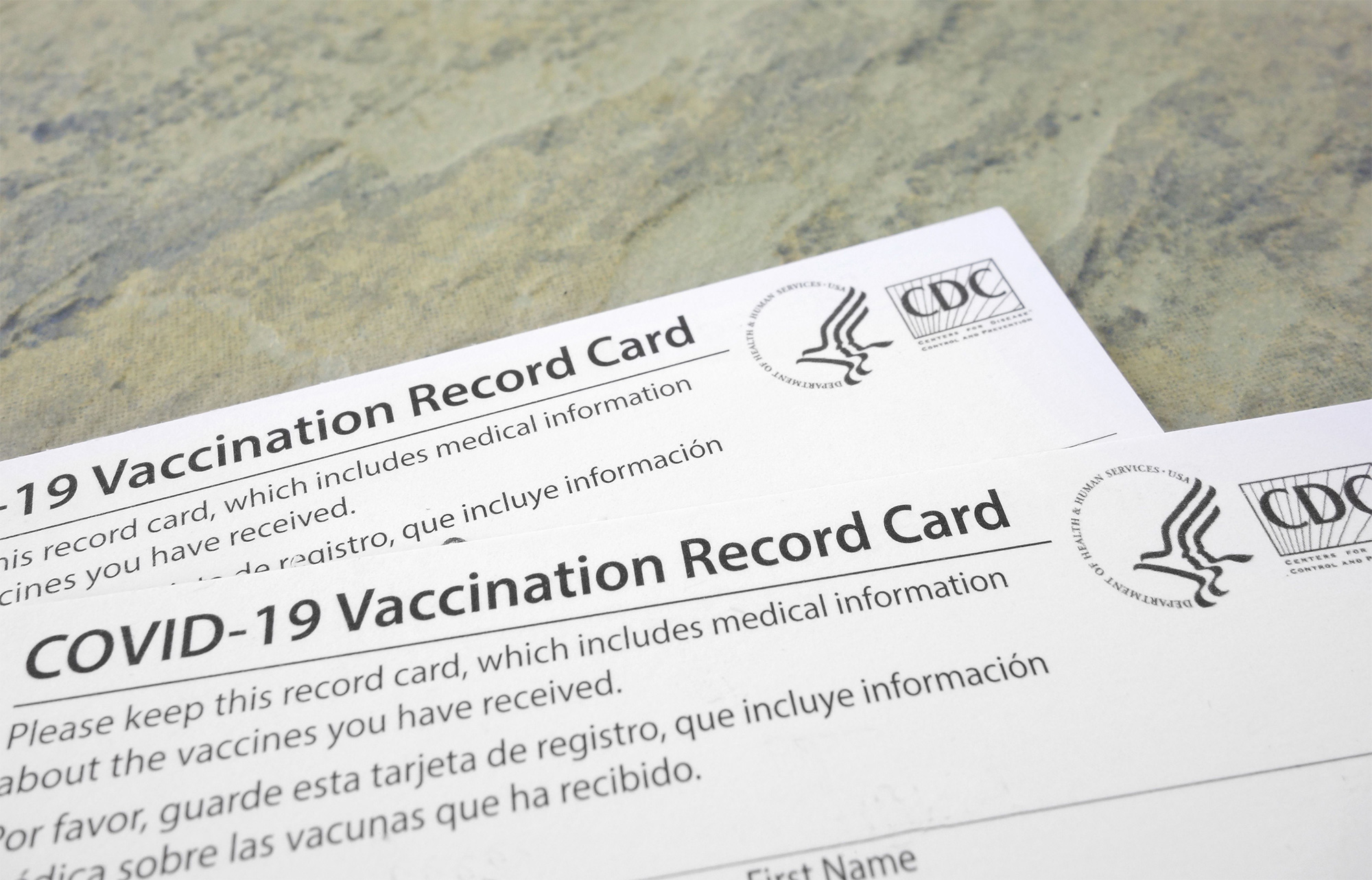Navigating the Legality of Vaccine Requirements: What You Need to Know
Please note: This story and referenced webinar are intended for educational purposes only and do not replace independent professional judgment. The panelists and the Event Leadership Institute are not engaged in rendering legal, accounting, or professional services. If you or your organization require expert assistance, you should contract the services of a professional.
Key Takeaways:
- Event organizers are legally allowed to inquire about an attendee’s vaccination status and deny those who have not been vaccinated entry into an in-person event.
- Some states such as Florida and Texas, though, have banned vaccination mandates, meaning event pros working in those markets need to decide whether they want to “follow the letter of the law.”
- When determining whether to implement a vaccine or mask mandate, event pros should consider the event’s audience and their willingness or hesitancy toward such a requirement.
With coronavirus cases related to the Delta variant on the rise, many cities and states like New York and San Francisco, as well as event organizers and venue operators such as Convene, are requiring event attendees to provide proof of vaccination upon entry.
On the flip side, some states such as Florida are banning businesses, including venues, from requiring proof of vaccination.
To help navigate the legal challenges of mask, vaccine, and testing requirements at events, attorney Steven A. Adelman of the Adelman Law Group offered his advice during our recent webinar, “The Next Chapter of COVID: How the Push for Health/Vaccine Passes and the Delta Variant are Reshaping Plans for In-Person Events.”
First of all, can an event producer require attendees to show proof of vaccination?
Unless you’re located in a state that has banned vaccination mandates, such as Florida, Texas, and South Carolina, Adelman said that it is legally OK for an event producer or venue to ask: “what is your vaccination status?” and to deny those who aren’t vaccinated entry into an in-person event.
He said it’s similar to the age-old policy: “No Shoes. No Shirt. No Service.” but with a twist: “No Vaccination Evidence. No Face Covering. No Service.”
“The law is not an impediment to any of the health- and safety-related things we want to do, unless you’re in one of those specific U.S. states,” said Adelman, who is also vice president of the Event Safety Alliance.
Speaking of those states, back in April, Florida governor Ron DeSantis issued an executive order banning businesses from requiring customers to show proof that they have been vaccinated against COVID-19, which he referred to as “vaccine passports.” Some companies like Norwegian Cruise Lines sued to invalidate the state’s law and won, allowing the company to resume cruising from Florida ports with a vaccine mandate in place for passengers.
But event pros planning gatherings in the Sunshine State most likely won’t be able to sue DeSantis. So Adelman explained that planners have two options: “If you’re running an event, you have a choice to make, which is, do you want to side with health and safety or do you want to follow the letter of the law in a particular state at a particular moment in time? That is a choice.”
He also added that when deciding whether to implement a mask or vaccine mandate, event pros need to consider the event crowd and their willingness or hesitancy towards the requirement. “It is incumbent upon all of us who are planning and operating events to understand whether we are going to get mask compliance or mask pushback or something in between. That’s going to matter,” Adelman said.
In addition to testing and vaccine requirements, the increase in Delta variant cases has once again raised the question of force majeure.
A force majeure clause is a contractual provision, which excuses one or both parties’ obligations when circumstances arise that are beyond the parties’ control and make performance of the contract impractical or impossible.
For example, Adelman said, if a government official imposes a limitation on events, such as in Hawaii, where gatherings are currently limited to no more than 10 people for indoor gatherings and no more than 25 people for outdoor gatherings, then that is considered force majeure because the event would be illegal according to the new rule.
But if a wedding guest list is cut down from 200 to 25 people that isn’t “impracticable,” so you can’t invoke the force majeure clause in that case. Adelman said that the legal term for that is simply “lousy.”
For more about the legalities of vaccine requirements, listen to the entire conversation here.
With vaccine requirements again making headlines due to President Biden’s recent announcement, we’re diving further into the impact of this mandate. Register now to join our next webinar on September 29.


